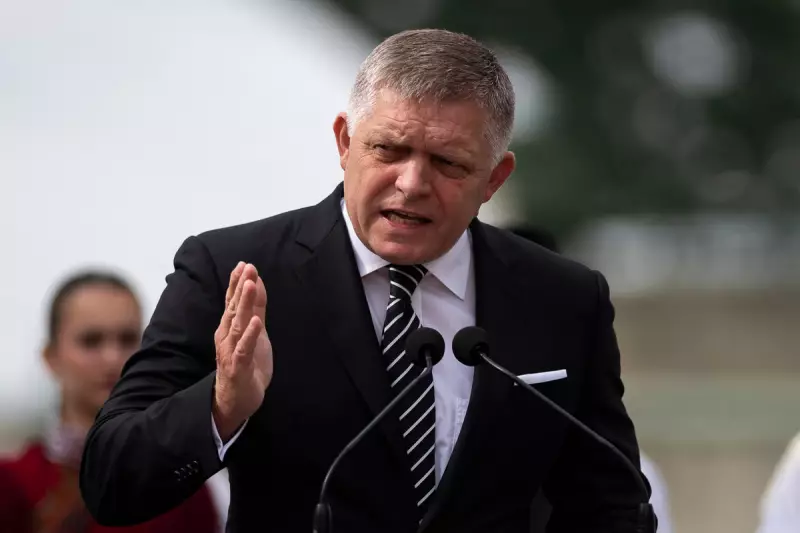
In a dramatic move that's sent shockwaves through the international energy sector, Slovak Prime Minister Robert Fico has declared his government will halt plans for constructing new nuclear power units. This decision represents a major setback for both American company Westinghouse and Russia's Rosatom, who were positioned as key contenders for the lucrative contracts.
Strategic Shift in Energy Policy
The announcement marks a significant reversal from previous administration plans to expand Slovakia's nuclear capacity. Fico's government appears to be taking a more cautious approach to nuclear expansion, though the Prime Minister emphasised this doesn't signal a complete abandonment of nuclear energy.
'We have decided to suspend the preparation of new nuclear units,' Fico stated during a press briefing in Bratislava. 'This doesn't mean we're giving up on nuclear energy altogether, but we need to reassess our approach and timing.'
Geopolitical Implications
The suspension carries substantial geopolitical weight, coming at a time when European nations are grappling with energy security and reducing dependence on Russian resources. Both Westinghouse and Rosatom had been actively positioning themselves for what promised to be one of Central Europe's most significant energy infrastructure projects.
The decision leaves both corporate giants facing substantial lost opportunities in a region where nuclear energy remains a crucial component of national energy strategies.
Regional Energy Security Concerns
Slovakia currently operates four nuclear reactors at two plants in Jaslovské Bohunice and Mochovce, which collectively generate approximately half of the country's electricity. The suspended expansion plans raise questions about how Slovakia will meet future energy demands and decarbonisation targets.
Energy analysts suggest this pause might reflect broader concerns about financing major nuclear projects and the complex geopolitical landscape affecting energy partnerships in Central Europe.
The government hasn't provided a timeline for when, or if, the nuclear expansion plans might be revived, leaving international energy firms and neighbouring countries awaiting further clarification on Slovakia's long-term energy strategy.





